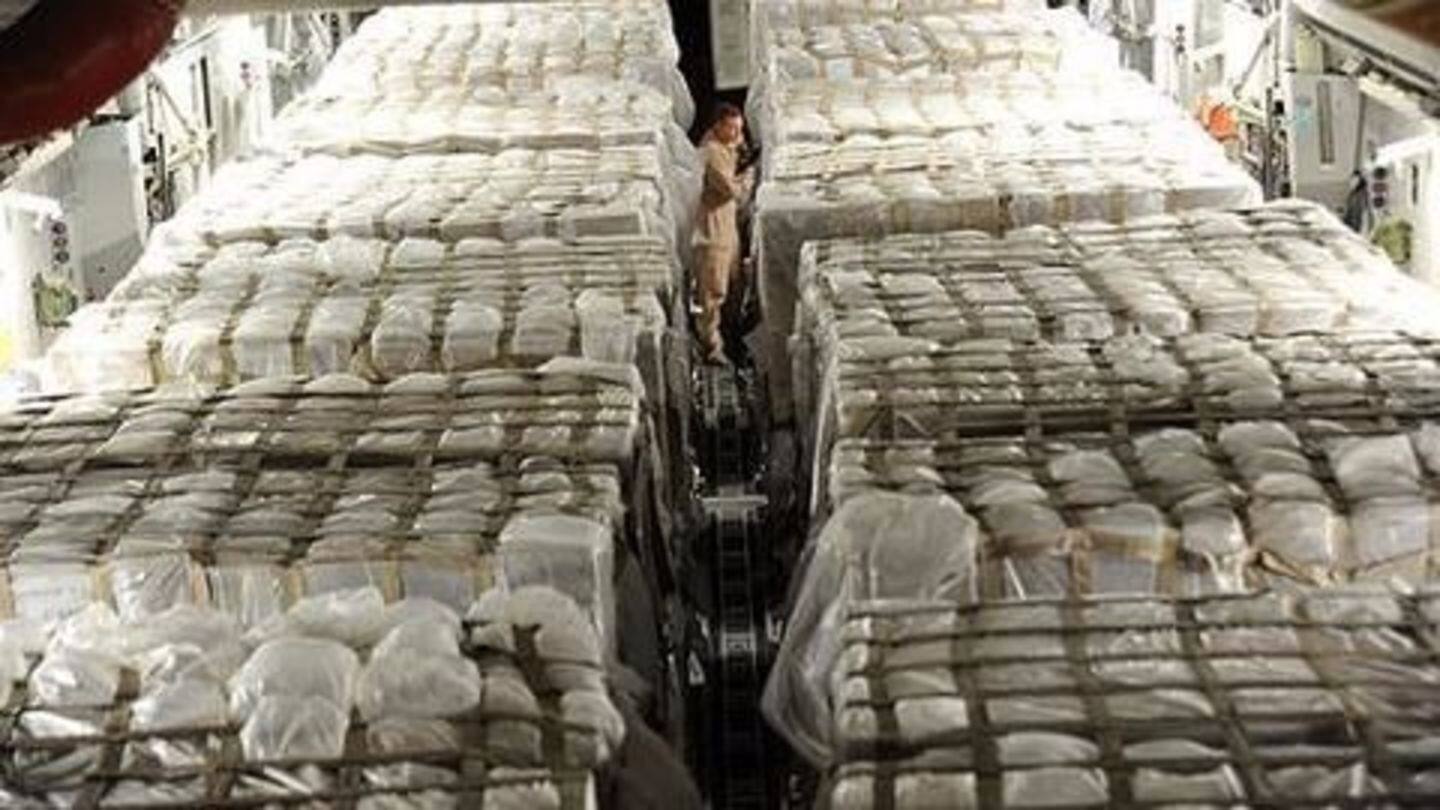
Syrian crisis: Arab NGOs pledge aid, focus shifts to EU
What's the story
At a United Nations initiated conference in Doha, 25 Arab NGOs pledged $262 million in humanitarian funding for Syria. According to official estimates, $3.4 billion to $8 billion is required for the current year to meet aid requirements in the war torn state. Expectations are high that substantial pledges could also follow at the European Union led Brussels conference on Syria, later this week.
Details
Doha meeting: What was accomplished?
The 25 NGOs were from across the Gulf Cooperation Council, as well as Syria's neighbours, Jordan, Lebanon and Turkey. Many of these states have been heavily involved in funding rebel groups fighting the incumbent government of Bashar al-Assad in Syria. The meeting was a positive step from civil society, which political leaders will take a note ahead of Brussels.
Do you know?
Ever increasing refugee toll
The Syrian crisis crossed into its seventh year in mid March 2017. Having claimed 386,000 lives, it has also led to creation of one of the largest refugee populations ever recorded at 11 million in total, including 5 million who have fled the state.
Details
UN calls for greater international assistance
The Humanitarian Response Plan for 2017 put out by the UN Office for the Coordination of Humanitarian Affairs, pins the total requirement at $3.4 billion. This amount would be used to provide aid to 13.5 million Syrians, including nearly 6 million children. Meanwhile, the UN Secretary General's Humanitarian Envoy, Ahmed bin Mohammed Al-Muraikhi, said later that the figure was closer to $8 billion.
Data
Sluggish fund generation a worry
The United Nations had estimated that $4.5 billion of funding would be required to provide basic aid to Syrian refugees in 2016, but three months into the next year, the amount received is still $1.6 billion short.
Looking Ahead
Helping hand for those struggling to help themselves
Of the funds that have been generated, less than a trickle has flowed down to local Syrian aid groups. Estimates put the direct funding that has reached Syrian NGOs at just 0.2% of overall spending, in spite of these groups accounting for 75% of on ground implementation. Upcoming initiatives, such as at Brussels would do well to involve local agencies more in the process.